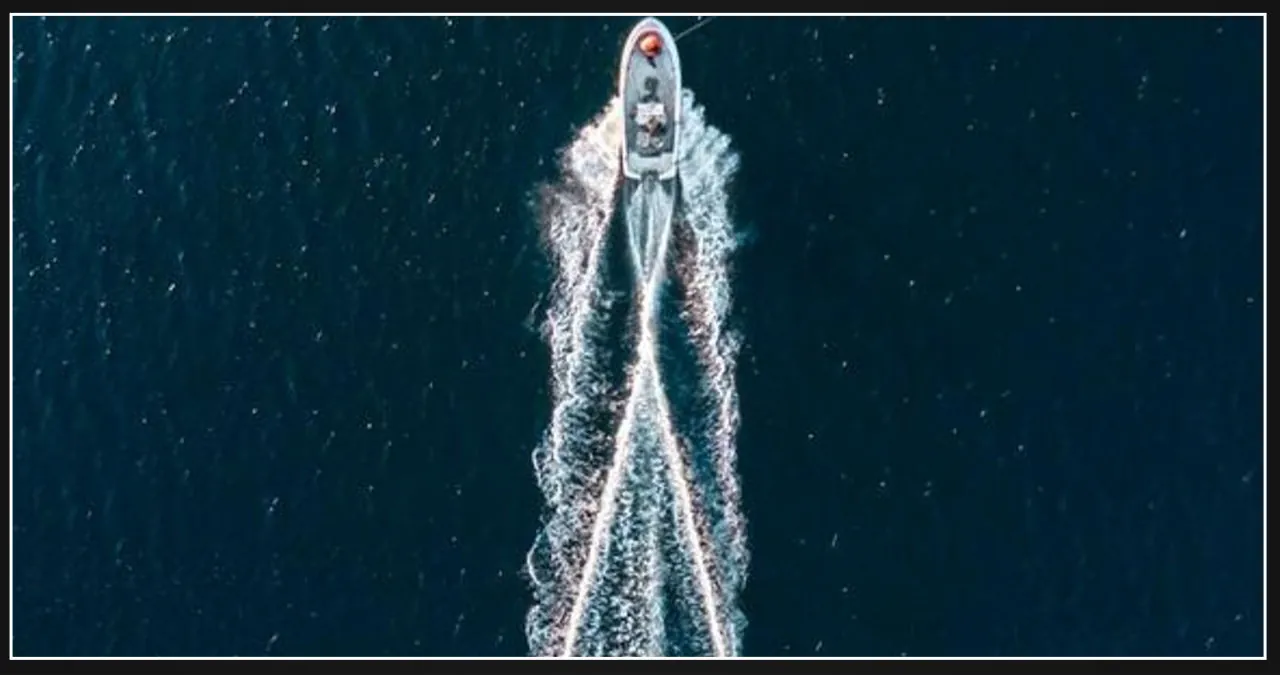Two individuals from the Bahamas are facing charges after allegedly attempting to smuggle around 188 kilograms of cocaine into the United States by using a water vessel. The announcement was made on January 10th by the U.S. Attorney’s Office for the Southern District of Florida.
The U.S. attorney’s office stated that on January 5th at around 11 a.m., the Air and Marine Operations (AMO) Marine Interdiction agents from the Fort Lauderdale and Miami Marine Units received a notification from the Air and Marine Operations Center (AMOC) about a suspicious vessel approaching the Port Everglades Inlet.
The department stated that agents deployed several Coastal Interceptor Vessels (CIV) in order to intercept the suspicious vessel.
A Customs Interceptor Vessel (CIV) is specifically crafted to tackle maritime smuggling and safeguard U.S. waterways against possible acts of terrorism. With its state-of-the-art hull designs, safety features, and electronics, the CIV empowers agents to efficiently intercept and apprehend smugglers.
According to the U.S. attorney’s office, law enforcement agents were able to apprehend a Contender Center Console vessel just four nautical miles away from Hillsboro Inlet. This was made possible by utilizing the latest information regarding the vessel’s position, course, and speed from the AMOC.
Alfred Lynton Laing and Runo Traveeno Laing, who are both citizens of the Bahamas, were aboard the vessel, according to the office.
Marine Interdiction agents discovered around 188 kilograms of cocaine concealed in individually wrapped bricks within the vessel during the inspection at a nearby harbor, according to the U.S. attorney’s office.
In the court of law, it is important to remember that a criminal complaint is simply an accusation. It does not automatically make someone guilty. In fact, all defendants are entitled to the presumption of innocence until proven guilty beyond a reasonable doubt.

